Preparing for a job interview can be a daunting task, but anticipating and crafting thoughtful responses to common questions can significantly boost your confidence and performance. In this blog, we’ll delve into how to effectively prepare for frequently asked job interview questions, providing detailed guidance on structuring your answers and highlighting your key experiences.
1. Understand the Most Common Questions
To begin with, familiarize yourself with the types of questions you’re likely to encounter. Here are some common ones:
- Could you tell me about yourself and describe your background in brief?
- What are your strengths and weaknesses?
- Describe a time when you faced a challenge at work and how you handled it.
- Where do you see yourself in five years?
- What are your salary expectations?
2. Craft Your Responses Using the STAR Method
The STAR method (Situation, Task, Action, Result) is a powerful tool for structuring your answers, especially for behavioral questions. Here’s how to use it:
- Situation: Describe the context or background of the scenario you’re discussing.
- Task: Explain the task or challenge you faced.
- Action: Detail the actions you took to address the situation.
- Result: Share the outcome of your actions, highlighting any achievements or lessons learned.
Example: For the question, “Describe a time when you faced a challenge,” you might say:
- Situation: “In my previous job, our team was tasked with completing a project ahead of a tight deadline.”
- Task: “My role was to coordinate between different departments and ensure timely delivery.”
- Action: “I organized weekly check-ins, communicated clearly with all stakeholders, and streamlined processes to increase efficiency.”
- Result: “We delivered the project two days early, which impressed our clients and led to an additional contract.”
3. Prepare for “Tell Me About Yourself”
This question is often the opening of an interview, and it sets the tone for the rest of the conversation. Structure your response to highlight your background, key accomplishments, and why you’re a good fit for the role.
- Brief Background: Start with a quick summary of your professional background.
- Key Accomplishments: Mention a few significant achievements relevant to the role.
- Fit for the Role: Conclude with why you’re excited about the position and how your skills align with the company’s needs.
Example: “I’m a marketing professional with over five years of experience in digital campaigns and brand management. At my last job, I led a successful campaign that increased our social media engagement by 40%. I’m excited about this role because it offers an opportunity to bring my expertise to a dynamic team and contribute to innovative projects.”
4. Addressing Strengths and Weaknesses
When discussing strengths, choose attributes that align with the job requirements. Use specific examples to illustrate these strengths.
- Strengths: “One of my strengths is my ability to adapt quickly to changing situations. For instance, when our project scope changed suddenly, I reassessed priorities and led my team through a revised plan.”
For weaknesses, select something you’re actively working on improving and show how you’re addressing it.
- Weaknesses: “I’ve found that I can be overly meticulous, which sometimes slows down my decision-making. However, I’ve been working on balancing attention to detail with efficiency by setting clear deadlines for each task.”
5. Research the Company and Role
Tailor your responses by aligning your experiences with the company’s values and the specific role. Research the company’s mission, culture, and recent achievements. This knowledge will help you answer questions like, “Why do you want to work here?” with more authenticity.
- Company Fit: “I admire your company’s commitment to sustainability, and I’m eager to contribute to your green initiatives with my background in environmental marketing.”
6. Discussing Salary Expectations
Discussing salary can be tricky but is a crucial part of the interview process. Here’s how to navigate it effectively:
- Research Salary Ranges: Before the interview, research the typical salary range for the role and industry. Websites like Glassdoor or LinkedIn Salary Insights can provide valuable information.
- Provide a Range: When asked about salary expectations, provide a range based on your research and your experience level. This shows flexibility while keeping the discussion realistic.
- Consider Total Compensation: Remember to factor in benefits, bonuses, and other forms of compensation when discussing salary. Sometimes, a slightly lower salary might be balanced by a strong benefits package.
7. Prepare Questions for the Interviewer
Finally, be prepared to ask insightful questions. This shows your interest in the role and company. Questions like “What does success look like for this role?” or “How does the team collaborate on projects?” demonstrate your engagement.
Preparing for common job interview questions involves understanding what you’re likely to be asked, structuring your responses effectively using methods like STAR, and tailoring your answers to align with the company and role. By practicing your responses and researching thoroughly, you’ll enhance your confidence and increase your chances of making a strong impression. Good luck with your interview preparation!

